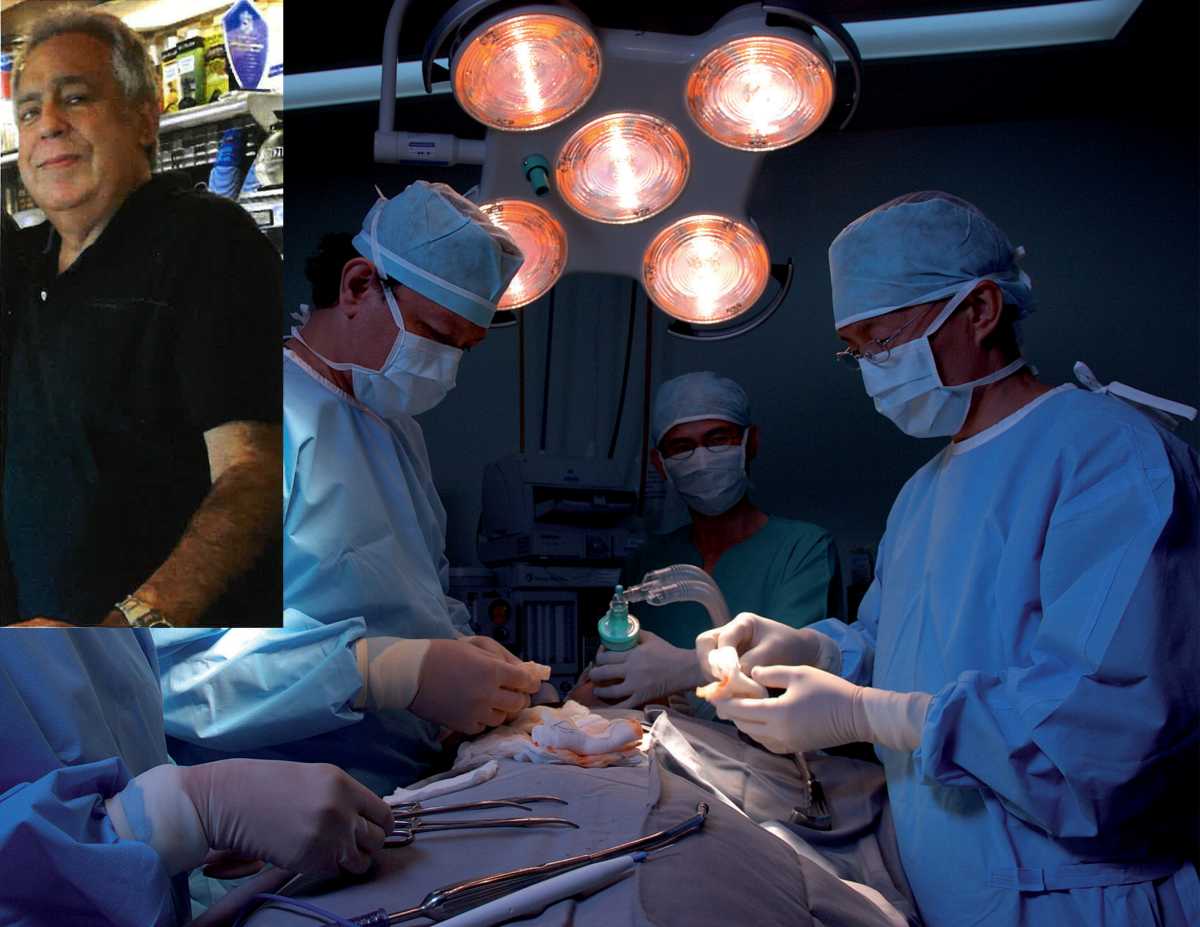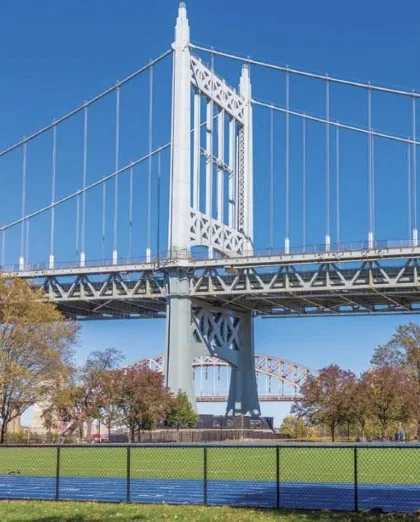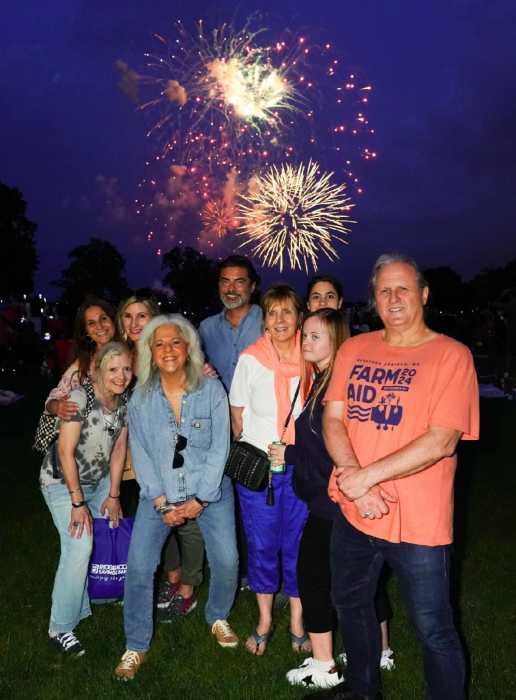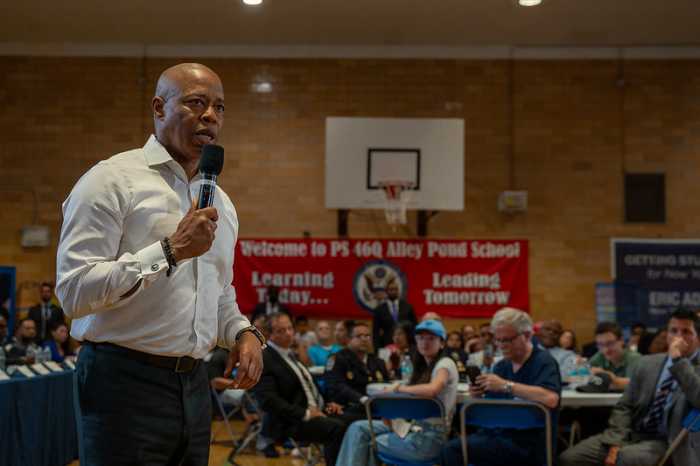For 3 1/2 hours a day, three times a week, Jamaica resident Christopher Caines receives dialysis at a medical facility. He was diagnosed with polycystic kidney disease over four years ago, and has been on the waiting list for a kidney transplant ever since.
In New York state, for someone with type O blood type — the one most commonly associated with kidney disease — it can take from seven to eight years to receive a kidney donor.
The U.S. has an epidemic of kidney disease. High rates of obesity, diabetes and hypertension contribute to kidney failure. About 80 percent people on the waitlist for an organ transplant in the country are looking for kidney. About 7 percent of the national waitlist for organs–a disproportionately high level of the populace–are located in New York City, according to LiveOnNY.
There are about 8,000 people in this area waiting for a kidney, while there are only about 300 organ donors each year, according to Helen Irving, president and CEO of the organ procurement organizations LiveOnNY and a former clinical nurse.

Despite the odds, Caines is hopeful that he will climb to the top of the heap. Not only is he on the list in New York state, but in Florida, too. Caines said that he saves money so that can travel down to Miami regularly to renew his spot on the transplant list in that area as well.
In her role as CEO of LiveOnNY, Irving said that she advocates for people not just to join the organ donor registry, but also considering whether they would want to be a living donor as well.
Bayside resident Stuart Weiss is one patient hoping to find such a donor. After 40 years of living diabetes, he recently received the news that he was going to need a kidney transplant. Since then he’s been campaigning around the area with flyers baring his medical problems in the hopes that he might find someone who will make the sacrifice to give him a kidney.
“I’m putting [flyers] into stores. I gotta get the maximum amount of people to be aware. Not only me — I’m only one person, but there are thousands and thousands of people that suffer from the same thing,” said Weiss.
Caines and Weiss are among the more than 113,000 people across the country waiting for an organ transplant. Kidney disease is expensive. When and if they do secure a kidney transplants, the men would incur the costs of regular doctor visits and anti-rejection medication.
While the expenses are daunting, Irving said that it’s actually cheaper to actually cheaper to the health care system to give someone a transplant rather than continue to give them dialysis three times a week.
“We’re actually costing the healthcare system a lot less money over time to actually transplant as many patients as we possibly can. From an organ donation perspective, those costs are not borne by the patient,” said Irving. “All of those costs would be borne by the patient’s insurance and that also includes Medicare and Medicaid.”
As of 2018, the total Medicare spending on both chronic kidney disease and end-stage renal disease patients was in excess of $114 billion, according to the United States Renal Data System.
To reach Weiss about becoming a donor, email kidney2019[@]aol.com. To reach Caines, email mrcgcaines[@]yahoo.com






































